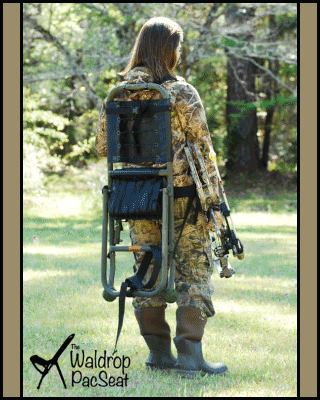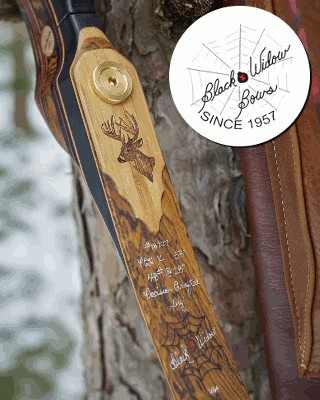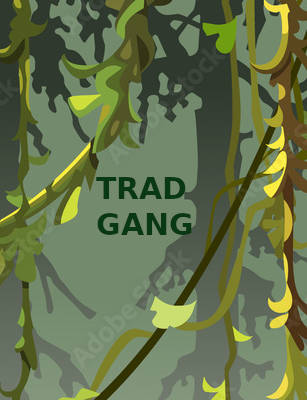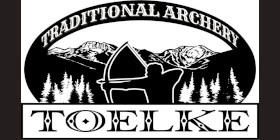http://nj1015.com/nj-considering-these-ideas-to-reduce-deer-epidemic/NJ considering these ideas to reduce ‘deer epidemic’by MICHAEL SYMONSUrged on by farmers, some lawmakers want to develop a package of bills in the new year aimed at reducing the number of deer in New Jersey.
They say the deer population has become a public safety problem the leads to thousands of car crashes, a public health problem that increases cases of Lyme disease and millions of dollars a year in losses for agriculture.
“There is no easy answer of how to take care of this issue,” said Assemblyman Bob Andrzejczak, D-Cape May, chairman of the Assembly Agriculture and Natural Resources Committee. “It’s going to take more than just one answer.”
Ryck Suydam, president of the New Jersey Farm Bureau, said farmers are screaming for something to be done about deer, which cause over $10,000 a year in damage to more than one-third of farms surveyed, with 5 percent tallying the damage at over $50,000.
“The white-tail deer has become an epidemic,” Suydam said. “That’s a tough word, but if you drive a car in New Jersey, I think you’re going to agree with me.”
AAA data shows there are
over 30,000 collisions a year between deer and cars reported in New Jersey, said Audubon Society vice president Kelly Mooij, who added that many other crashes probably go unreported. Deer are also wrecking the understory in forests, she said.
“We do need to work with our towns and counties to make sure that we are not providing refuges in certain areas for deer but rather managing our land, particularly land that is preserved with money from the state, to address this significant ecological concern,” Mooij said.
The Farm Bureau is now working on studies using drones to estimate the deer population in the state. It says about 15 to 20 deer per square mile is considered sustainable but that parts of New Jersey now have between 120 and 140 deer per square mile.
“It’s not just farms,” Suydam said. “It’s health, it’s homeowners, it’s automobiles. The only guys who want these deer are auto-body repair shops. God love them. They work hard.”
Deer have no natural predators left in New Jersey. And when they thrive on the state’s farms and lush suburbs, that drives us their fertility rates.
However, said New Jersey state director Brian Hackett of the Humane Society of the United States, a hunting-only plan would surely fail.
“Deer from the surrounding areas that were hunted may take advantage of any vacated niche,” Hackett said. “This combined with a high reproductive rate can lead to deer numbers bouncing back quite quickly.”
Hackett said it’s better to try to reduce deer conflicts, not deer numbers. He said the number of crashes involving deer can be reduced by increasing awareness and caution among drivers or by installing reflective devices that warn deer of oncoming cars. ...
(Rob DiStefano - what total nonsense!!!! Hackett is yet another clueless bureaucrat.)Doris Lin, vice president of legal affairs for the League of Humane Voters of New Jersey, said the unspoken problem is that the state Division of Fish and Wildlife intentionally increases the deer population for hunters because its federal funding is tied to the number of permits it sells.
“We recommend ovariectomies. It’s a surgical sterilization of the female deer that removes the ovaries,” Lin said. “It has an advantage over tubal ligation because with the tubal ligation, the females don’t get pregnant but they still go into heat. And when they go into heat, they increase males to the area. And that will increase your local deer population.”
Assemblyman Parker Space, R-Sussex, seemed skeptical of that approach, in part because each 20-minute operation costs $1,000 to $1,200, though Lin said it can be lowered using volunteers.
Space said there’s an economic benefit to hunting – for diners, gas stations, sport shops, butchers and taxidermists.
“So it’s a win-win situation. You’re harvesting your deer, you’re controlling your population, you’re feeding the people and also you’re supporting all your local businesses,” Space said.
Suydam says hunting alone can’t solve the problem, though he suggested it would help if hunters were allowed to sell their venison.
“If a person knew they could go hunting, take a couple of does and know they could make a couple of hundred bucks because they could sell the venison, this problem would clean up much quicker,” Suydam said.Short of venison sales, the state could support venison donation programs, said Mitchell Jones, a member of the State Board of Agriculture. Hunters Helping the Hungry received two state grants more than 15 years but relied on private donations since then.
“A lot of the hunters that I talk to, they don’t like to waste the deer, but they can only eat so many,” Jones said. “If they go out and get their two or three deer, fill their freezer, they’d be happy to hunt if there was something to do with the other deer.”
Since 1997, hunters in New Jersey have donated more than 228 tons of venison to food banks, providing more than 1.8 million meals, according to the Division of Fish and Wildlife. Last hunting season, 809 deer were donated.
Suydam also suggested that the state have fewer hunting zones. He said the state has more than 60 zones currently, each needing a separate permit. He said Maryland has two zones.




















